Patriotic tradition of saying pledge may have lost significance to some
photo or infographic by Wildkat Media
LOST MEANING. After over 100 years of reciting pledges in American’s classrooms, the tradition is under attack.
On October 12, 1892, a long-lasting change was integrated into the daily routines of students and teachers. It was the first day the pledge of allegiance was recited in schools. Since then, it has changed its wording, been through legal battles and is now facing a new challenge. After being recited in schools for so many years, the patriotic chant is slowly moving towards extinction.
The Pledge of Allegiance has lost its significance to teachers and students.
The bell sounds in every classroom during the second class of the day signaling the start of morning announcements. “Please stand for the Pledge of Allegiance,” comes through the speakers, so the students and teachers stand and place their right hand over their heart, but, when the announcer continues, the expectation that the students and teachers join in this act of patriotism, is met with silence and blank stares. This isn’t an act of rebellion or movement that will question the country’s expression of patriotism but rather an sign that the pledge doesn’t inspire students and teachers to express their patriotism anymore.
The choice to say the Pledge of Allegiance is up to the individual. It was started to instill a sense of everyday patriotism in students and teachers across the nation, but it has never been mandatory. Some will choose not to say it because they might not agree with some of the words used in the pledge. Specifically, “nation under God” does not align with some people’s religion or belief systems, so it stands that the pledge is not something they would use to show their patriotism. The pledge has been criticized for those words in three legal cases, all headed by atheist Michael Newdow, but all three were dismissed and reached the conclusion that it did not violate the 1st Amendment rights.
Religion aside, the situation is probably caused by most people just following the example of the masses. Since nobody starts the pledge in a class, not even a teacher seems likely to, considering the variety of friend groups in a single class it would create quite an awkward situation for some students to start saying it while others are completely unbothered to follow. Since students have grown out of the unity formed in class during earlier years of their education, an attempt to come together to say the pledge would probably result in a futile failure.
Next time the pledge comes on over the speakers, students will face a decision on whether or not they choose to say the pledge. The lack of enthusiasm from teachers and students to say the pledge, though, shows that this time-honored tradition no longer has significance in schools today.
Your donation will support the student journalists of Willis High School. Your contribution will allow us to purchase equipment and cover our annual website hosting costs.

Rosalyn Gutierrez is a junior. She has been in newspaper for two years, and she is in yearbook for the first time this year. She enjoys taking pictures...


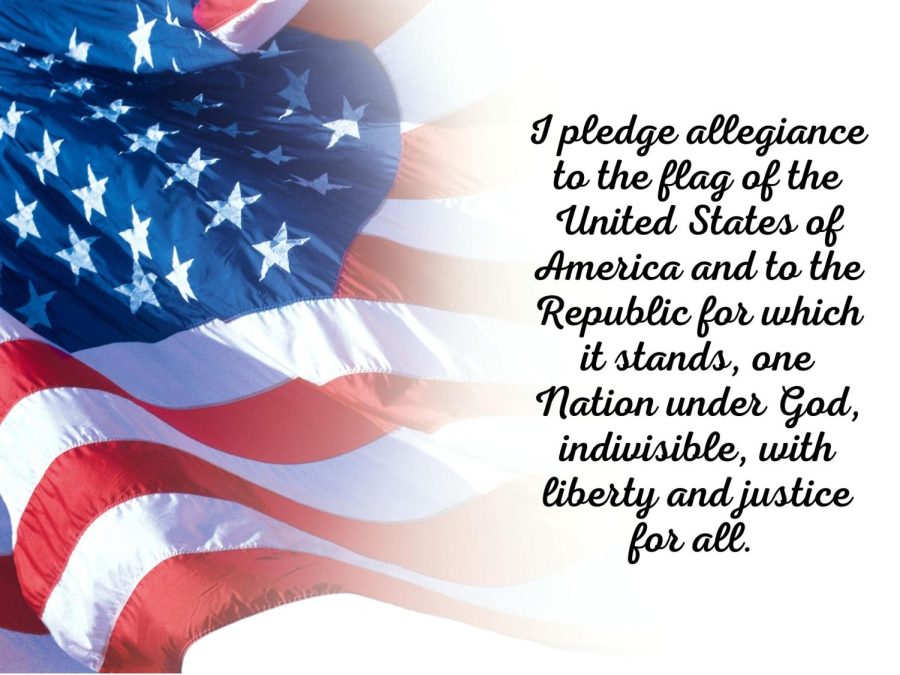
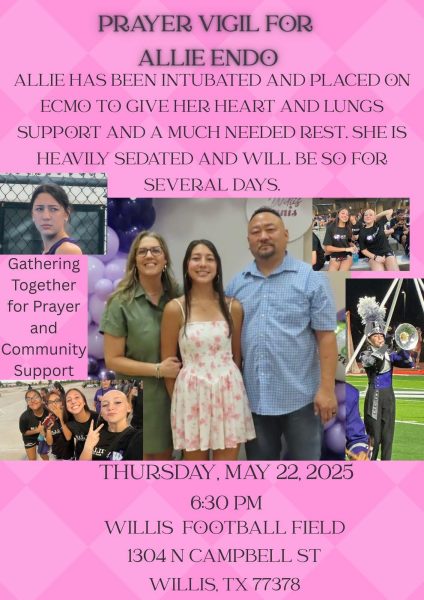
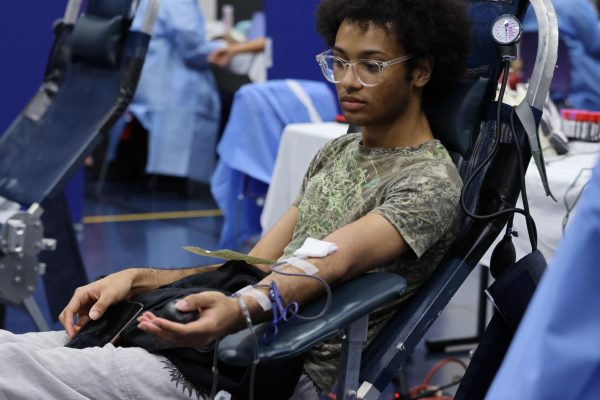
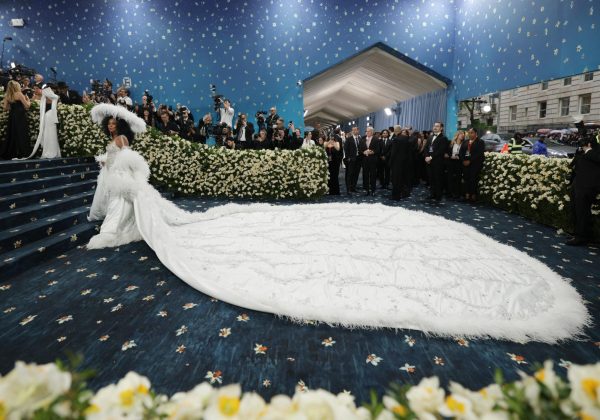

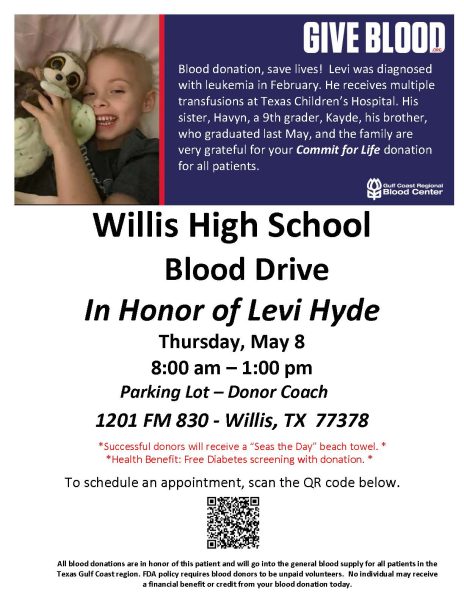
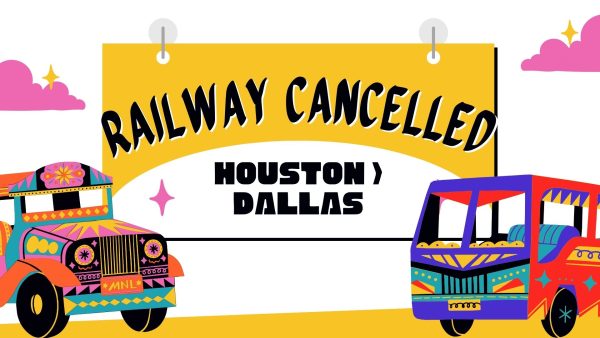
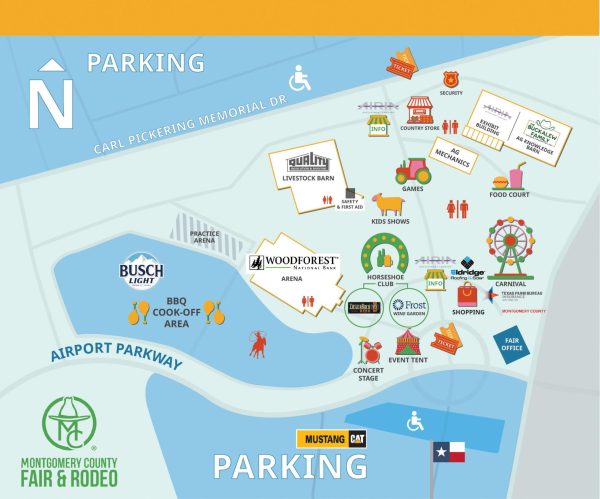

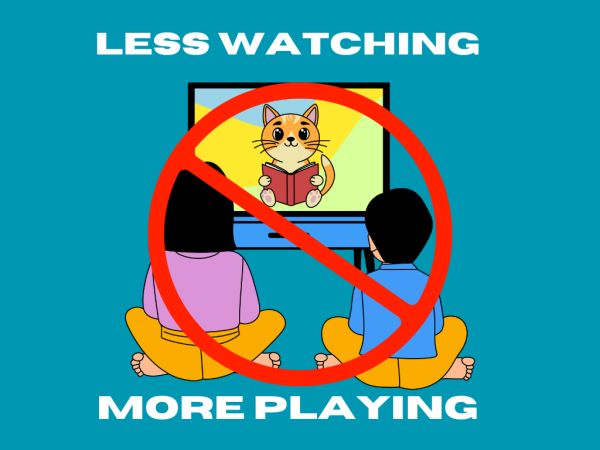

Gordon Russo • Mar 22, 2025 at 5:34 AM
VERY GOOD.